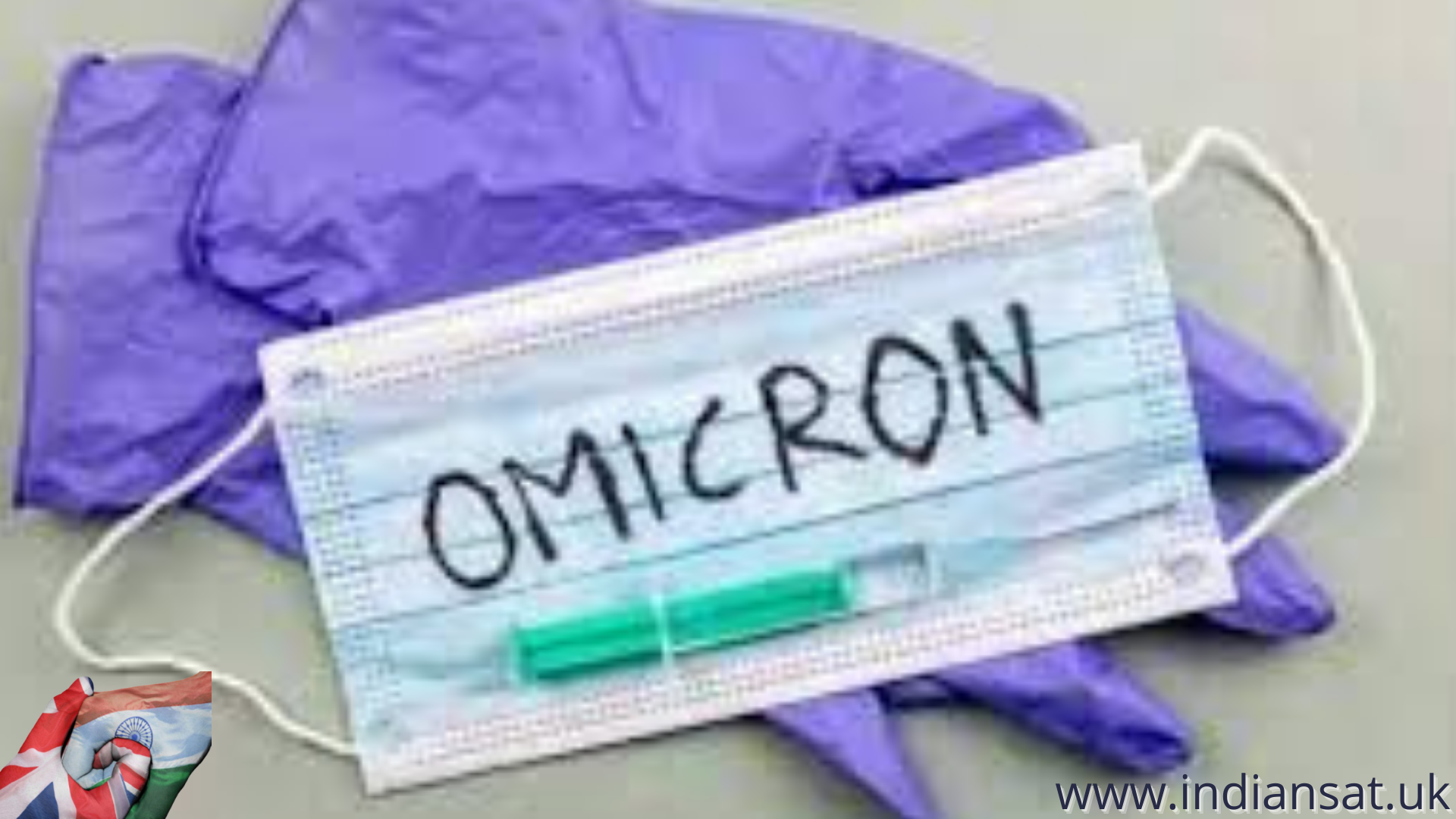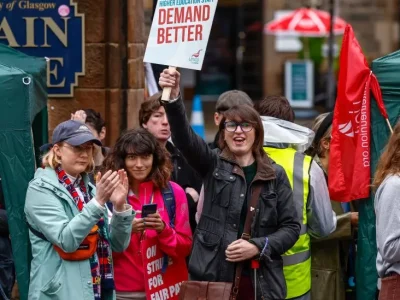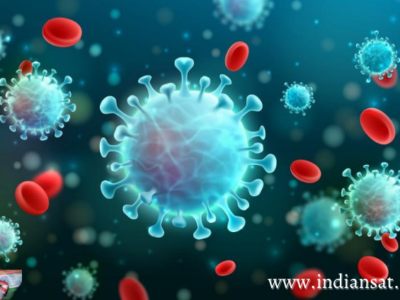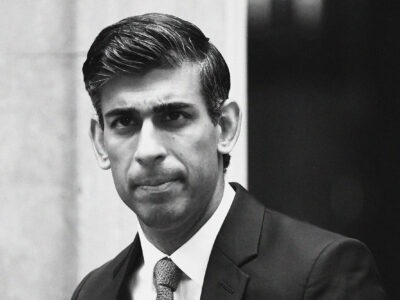Three states — Tamil Nadu, Telangana and West Bengal — reported their first cases of the new Omicron variant of coronavirus on Wednesday, taking India’s tally to 73. In West Bengal, a seven-year-old boy, resident of Murshidabad district who recently returned from Abu Dhabi via Hyderabad, tested positive for Omicron. The boy had recently returned to Bengal from Abu Dhabi via Hyderabad. Mumbai on Wednesday added 238 new coronavirus positive cases, which took its infection count to 7,65,934, the city civic body said. As no death due to the virus was reported during the day, the city’s death toll remained unchanged at 16,360, the Brihanmumbai Municipal Corporation (BMC) said in a statement. Also, 210 patients were discharged in the past 24 hours, which pushed the recovery count to 7,45,200, it said. There are now 1,797 active cases of coronavirus infection in the state capital.
A 7-year-old child tested positive for the Omicron variant in West Bengal, in the state’s first reported case of the variant. Meanwhile, two other cases of the variant were reported from Hyderabad in Telangana, in two people who had returned from Africa.
Amid concerns over Omicron, India’s COVID Task Force chief VK Paul on Tuesday said there is a potential scenario that “our vaccines may become ineffective in emerging situations” and emphasised the need to be ready to modify the vaccines as per requirement. He also hoped that COVID in India is possibly moving in the direction of endemicity, where there is a low or moderate level of transmission going on.
“We have experienced Delta shock and now the Omicron shock… there is a potential scenario that our vaccines may become ineffective in emerging situations in the wake of the last three weeks of living with Omicron, we have seen how such doubts have come up, some of them may be genuine, we still don’t have the final picture,” he said. Speaking at an event organised by industry body CII, Paul also emphasised the need for having vaccine platforms that are adaptable quickly with the changing nature of the variants.
“How soon can we create a vaccine which is using the same platform, but is now targeted to the variant of the day… we may have to think about how we go about doing it. “…moving from the rapid development of a generic vaccine, we have to be ready to be able to have a situation where resiliently we are able to modify the vaccines as require(d). This may not happen every three months but this could happen every year perhaps. Therefore, that needs to be factored in,” Paul said.
The new COVID variant called B.1.1.529 or Omicron was first reported to the World Health Organization (WHO) from South Africa on November 24. According to Paul, drug development will not go out of fashion for the next viral epidemic/ pandemic that the world might face and that anti-microbial resistance challenge is also crying for drug solutions.
Noting that there is a need to examine how India’s classical drug industry can have a roadmap and risk-taking attitude, he said, “We are still crying for an effective drug to fight viral diseases, including COVID”. The coronavirus pandemic has taught that viruses cannot be taken lightly, and the unpredictability in emerging scenarios of health have to be respected and addressed, Paul noted.
“Pandemic is not over, we will continue to deal with uncertainty, even though we hope that we are possibly moving in the direction of endemicity, hopefully of a mild disease, that we can tackle,” Paul said but cautioned that the situation cannot be taken for granted. The endemic stage is when a population learns to live with a virus. It is very different from the epidemic stage when the virus overwhelms a population.
While noting that the contribution of the industry to science is low in the country, Paul said, “Our national investment in science is all public money… even during developing the vaccines, a lot of testing was done at the national laboratory”. Further, he said that 97 per cent of the vaccines delivered to Indian people was with public money and very little with private money.
The foremost priority right now is to make sure that there is universal coverage of the vaccine and no one is left behind, Paul said, adding that globally, there are 3.6 billion people who are not vaccinated. “We need 7.2 billion doses together, and with the current rate of production, it is well within our grasp… it is possible for us to deliver the vaccine,” Paul said.
![]()






